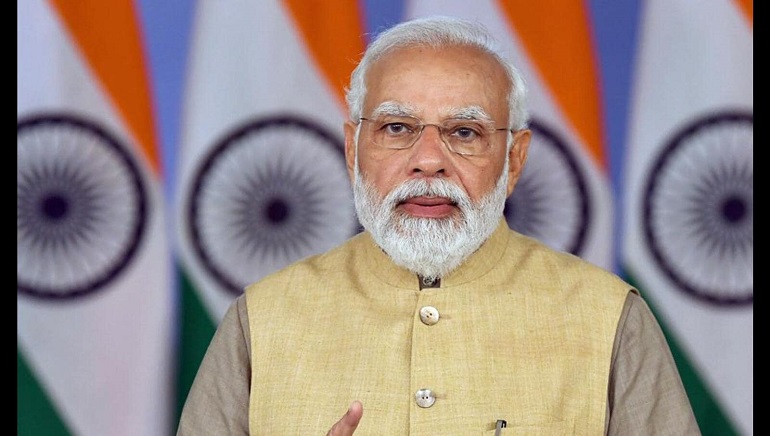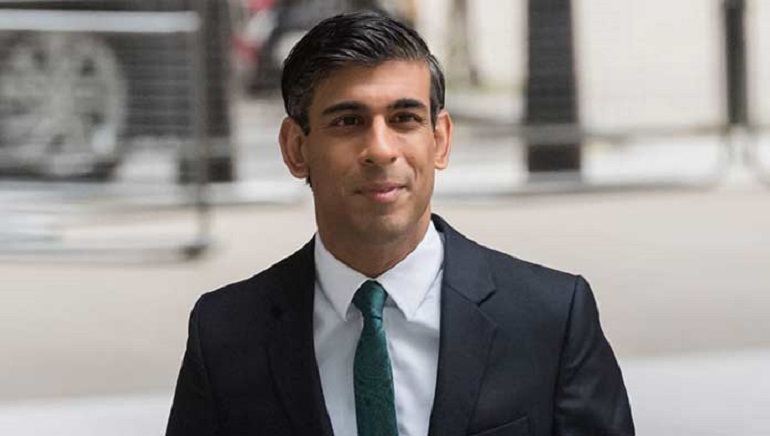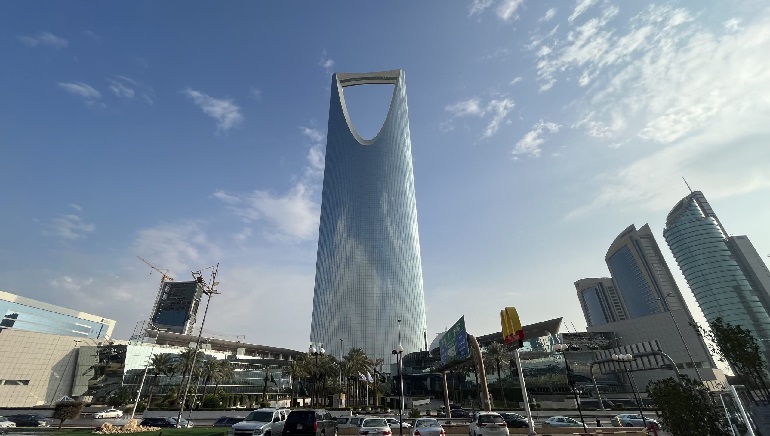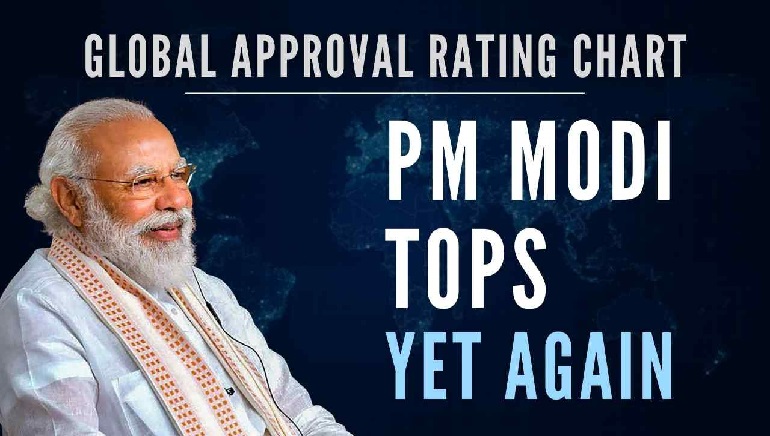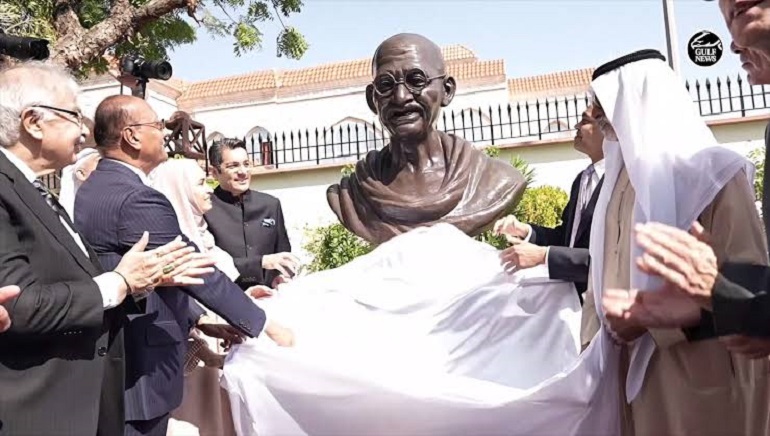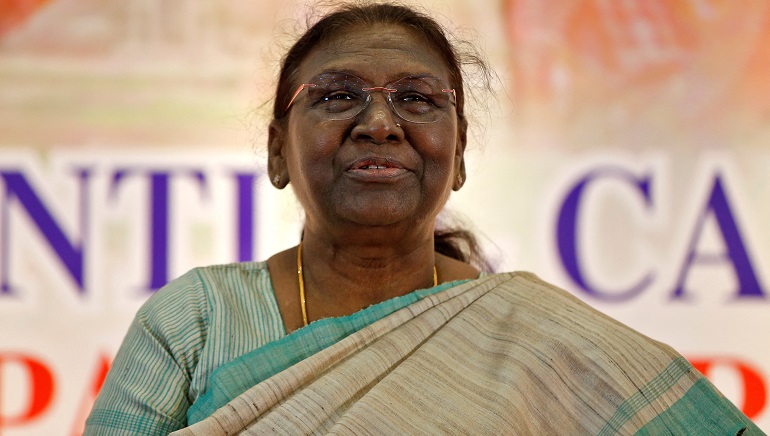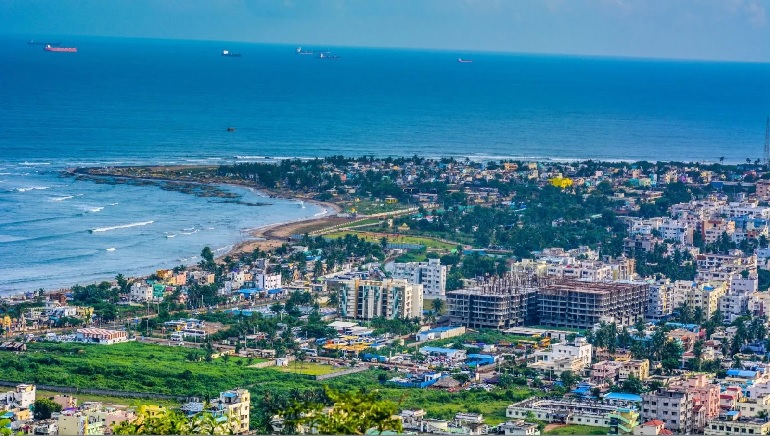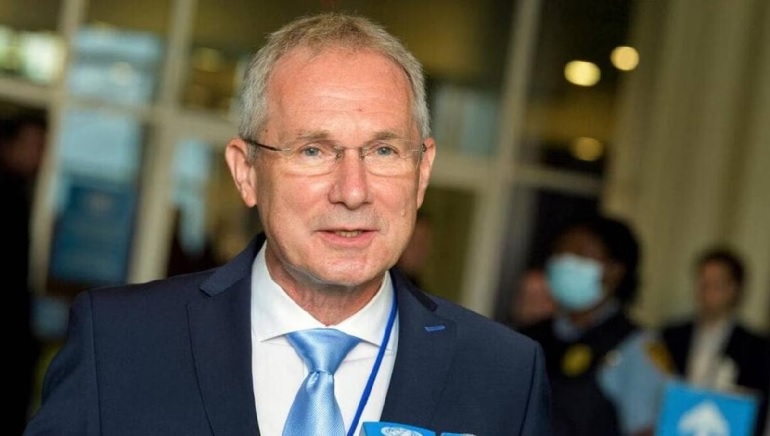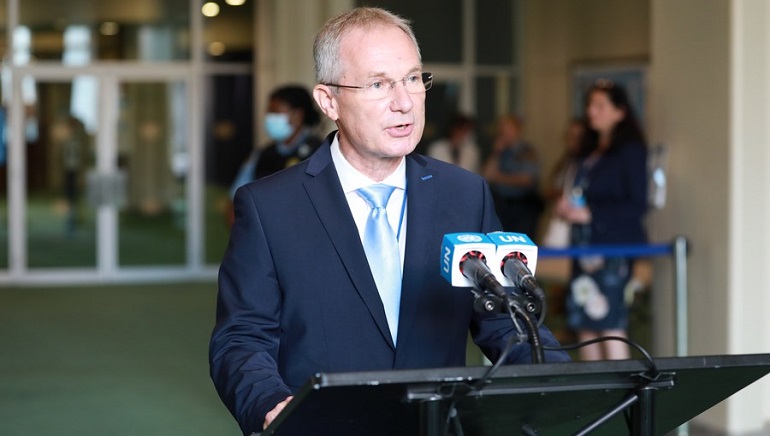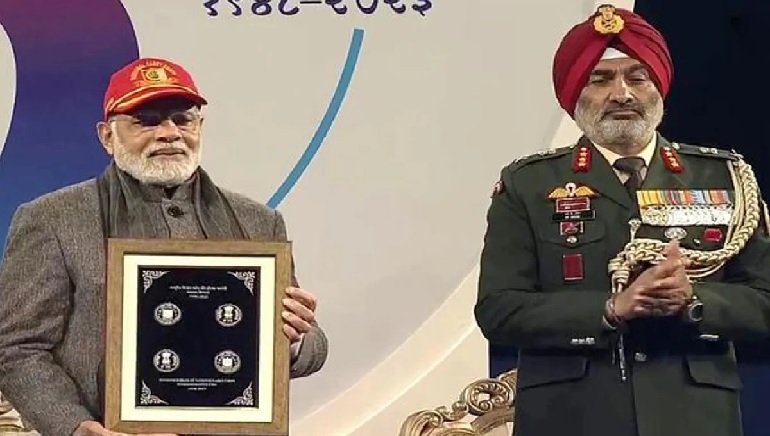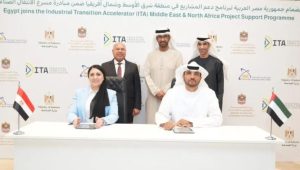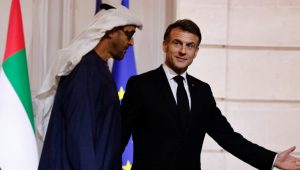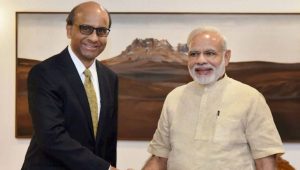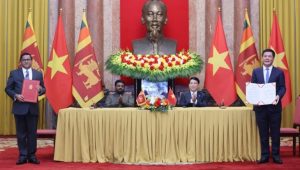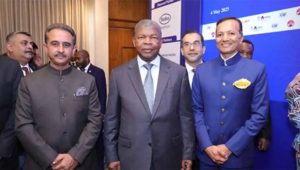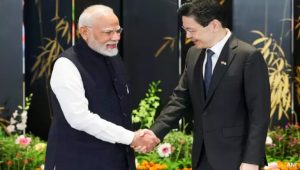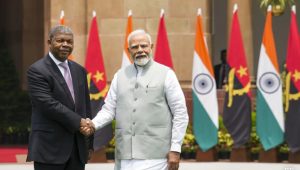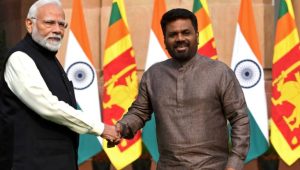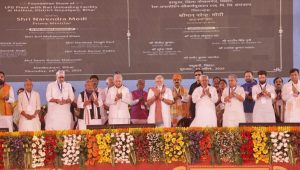Prime Minister Narendra Modi has invited investors to participate in the rapid growth being charted out by India’s energy sector.
In his address at the inauguration of India Energy Week (6-8 February) in Bengaluru, the Prime Minister said that numerous areas of India’s energy landscape, from conventional hydrocarbons to renewables and biofuels to promising futuristic fuels like green hydrogen, are seeing record growth and are full of opportunities.
The Prime Minister said that India’s strategy for the energy sector is centred around four major verticals of increase in domestic exploration and production of oil and gas, diversification of energy supplies, expansion of alternative sources of energy such ase biofuels, ethanol, compressed biogas, and solar energy, and achieving decarbonisation through electric vehicles and green hydrogen. He said that the country is working at a rapid pace in all these areas.
He said that fossil fuel exploration, second-generation ethanol, and green hydrogen are among the segments in which India will have investment opportunities worth thousands of crores of rupees. He also launched a few initiatives, including the sale of 20 per cent ethanol-blended petrol on a pilot basis by public sector oil marketing companies, and the twin cooktop Indian solar cooker.





